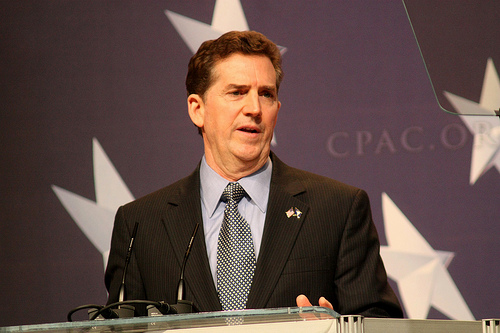The recent flood of gay teen suicides—kids like Billy Lucas, Tyler Clementi, Raymond Chase, and Seth Walsh—is sadly not surprising. LGBT youth are significantly more likely to attempt suicide than their heterosexual peers, according to the American Public Health Association. The recent explosion of suicides has inspired a nationwide “It Gets Better” campaign. Launched by Dan Savage, editor of Seattle alt-weekly The Stranger, and joined by a variety of celebrities, it encourages men and women who were bullied as kids to create videos reassuring gay teenagers they are not alone; that you can and will get through this hell—and when you do, your life is going to be way better.
But things are especially tough for kids whose families turn on them. Another recent study, with the wonky title Family Rejection as a Predictor of Negative Health Outcomes, concluded that adolescents rejected by their families over sexual identity were more than eight times as likely to report having attempted suicide. With these cases, the rejected teen may have nowhere to turn. In “Queer and Loathing,” MoJo contributor Jason Cherkis documents what happens to gay teens caught up in the child-welfare system, telling the story through a young man named Kenneth Jones who struggles to navigate foster care in the District of Columbia. The majority of foster families, Cherkis reports, simply refuse to welcome gay kids into their homes, and when they do, these teens are often subjected to verbal harassment and violence.
While the crisis facing gay youth has not gone unnoticed, we’re still a long way away from ensuring that LGBT kids are treated with the same dignity, love, and respect as their straight counterparts. Here’s hoping that this, too, will get better.
Read: Queer and Loathing: Does the Foster Care System Bully Gay Kids?












